PBS Distinguished Professor Rob Goldstone received the 2024 Society for Experimental Psychology Howard Crosby Warren Medal for his work elucidating human cognition and learning on both individual and collective levels.
Goldstone’s research spans several domains of cognition, with a primary focus on exploring human learning. In the last five years, his laboratory has conducted research in three main areas: 1) collective behavior, 2) applying cognitive science to improving educational outcomes, and 3) developing and empirically testing models of how people learn to perceive and to categorize their world. In each area, he has spearheaded conceptual and technological breakthroughs relevant to both science and practice.
The Warren Medal recognizes “outstanding achievement in Experimental Psychology in the United States and Canada.” Previous PBS recipients of the award are Distinguished Professors Jerome Busemeyer, Rob Nosofsky and Rich Shiffrin.


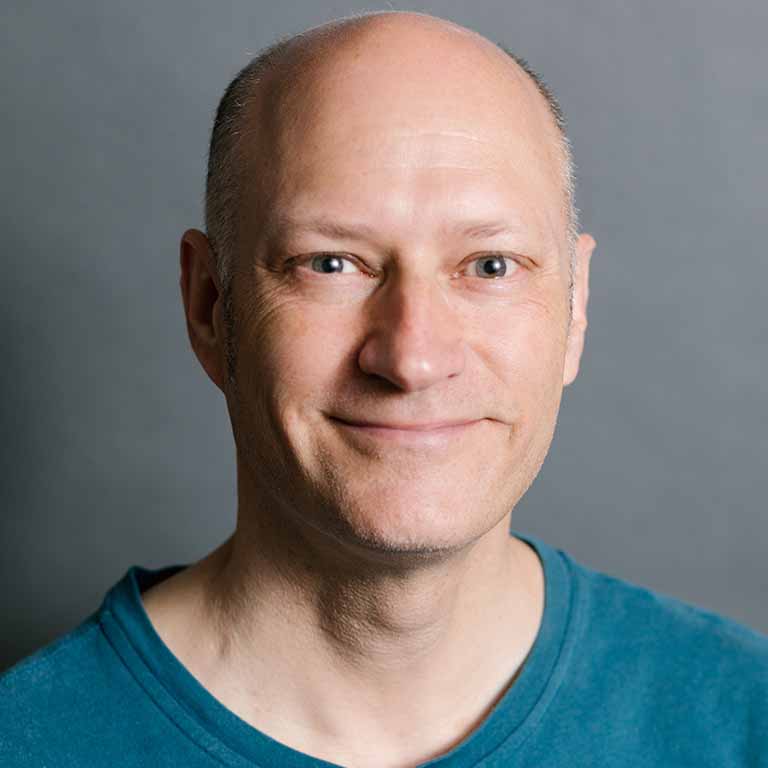
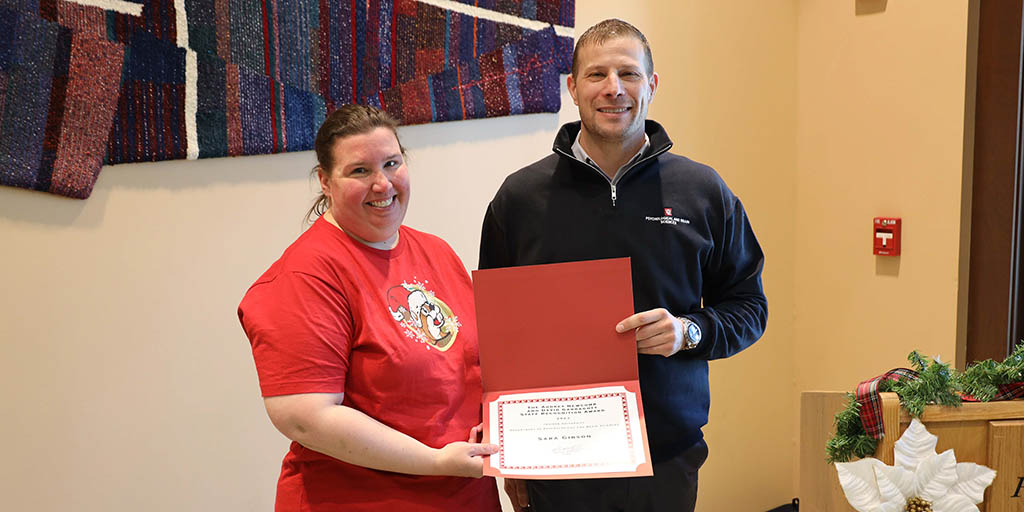
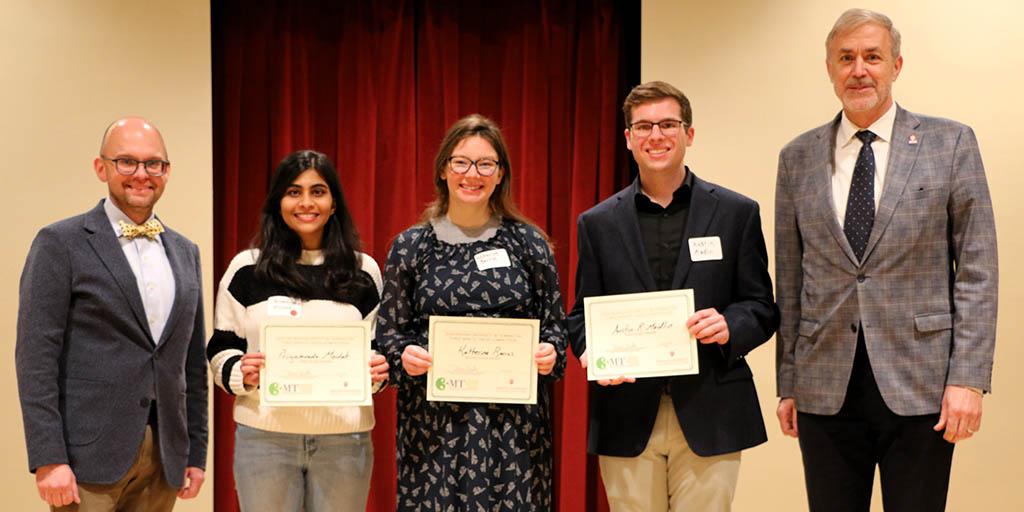
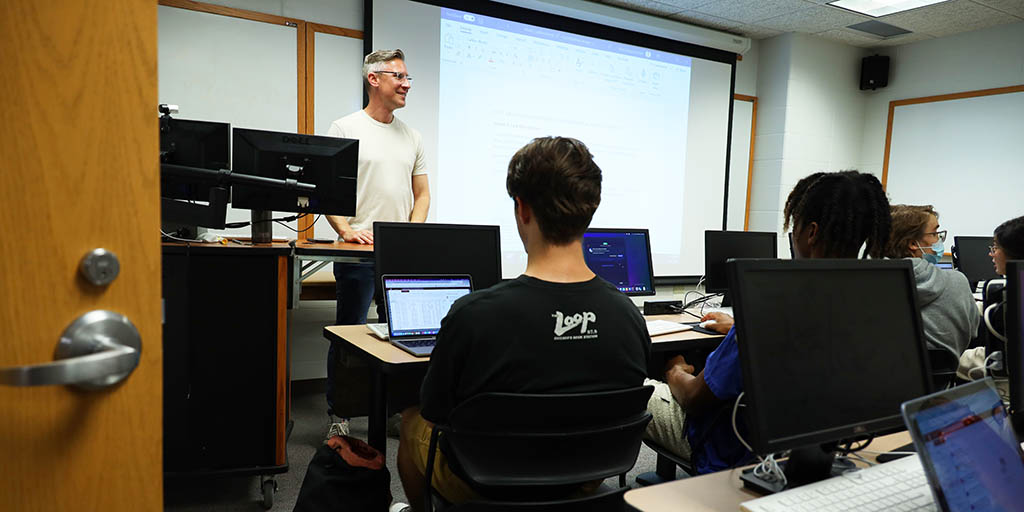
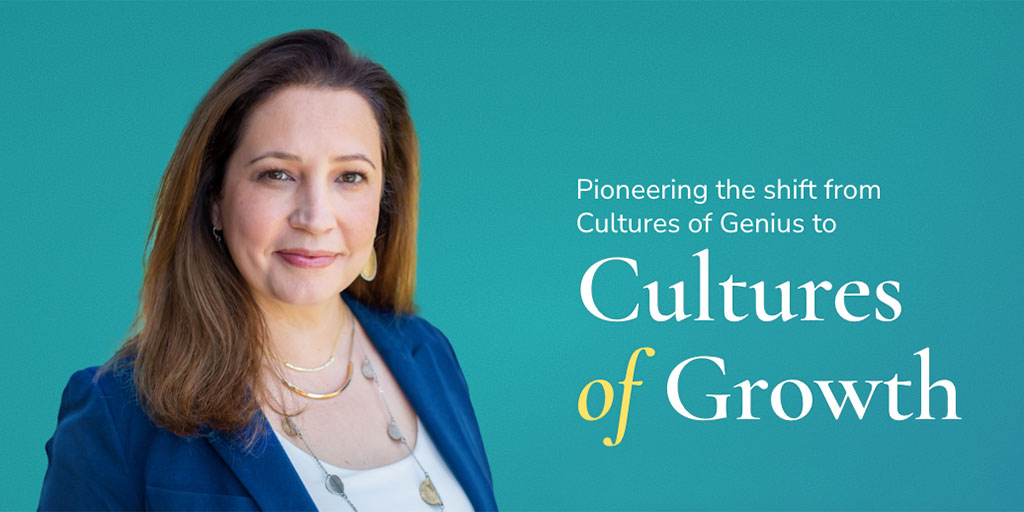
 The College of Arts
The College of Arts